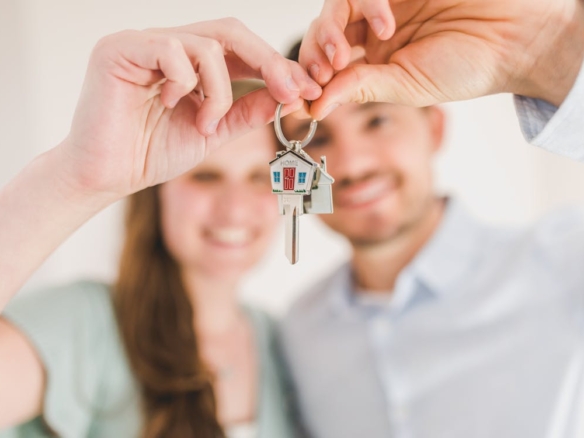Buying your first home is likely an experience that won’t be easily forgotten as most consider it something of a landmark life event. However, with the constantly struggling economy, it is always wise to financially prepare yourself for any large purchase, especially when purchasing something as significantly pricey as a property. Therefore, you should consider the following financial preparation tips to help you best plan to afford your home.
Finding The Perfect Starter Home
Just as you wouldn’t buy a fancy new Porche for your first car, it would be wise to consider a starter home rather than an unnecessarily large property as a first-time buyer. You should search for a home that you can afford with the help of property listing platforms such as Sedona Real Estate, whether you are buying with the help of a mortgage, or you are able to purchase cash. Unfortunately, your mortgage payments or the total cost of your new home is not the only financial obligation to consider.
Homeowners Insurance
There’s no doubt you’ve already calculated your affordability for mortgage repayments, although, you will also need to budget for homeowners insurance. Even if you don’t believe this type of insurance will be necessary, it is always best to cover yourself for potentially devastating situations with insurance policies.
Levie’s And Taxes
Even though you have purchased a property, you will still be liable for property levies and taxes, otherwise known as rates and taxes. Therefore, even if you are going to buy home cash, you will still need to budget for the relevant costs of levies and homeowners taxes. Neglecting these bills can end with your home being repossessed.
Utility Bills And Maintenance
Another financial preparation you should account for when budgeting for affordability is ongoing maintenance and an estimated utility bill. Neglecting home maintenance is understandably a mistake that will decline your home’s value faster than you can imagine, and while utility bills are absolutely crucial, not everyone budgets for an estimate prior to purchase. Your home maintenance budget should include potential costs such as roof repairs, painting, landscaping, plumbing maintenance and electrical maintenance to name but a few. However, the best way to budget for such costs is to save a realistic amount each month that can be set aside for maintenance projects required over time.
Buying a home is undoubtedly an exciting venture, and once you have created a detailed budget that insists you are definitely able to afford all the initial and additional costs, you will be able to house hunt with confidence knowing your realistic price range. By purchasing a starter home, you will also be able to opt for home improvement projects and increase your home’s value over time. Alternatively, you may also have the option of transforming your starter home into a rental property once you are able to purchase the home of your dreams. However, whether you decide to hold onto your property and rent it out or sell it for something of a profit, you should always select your home with care.




